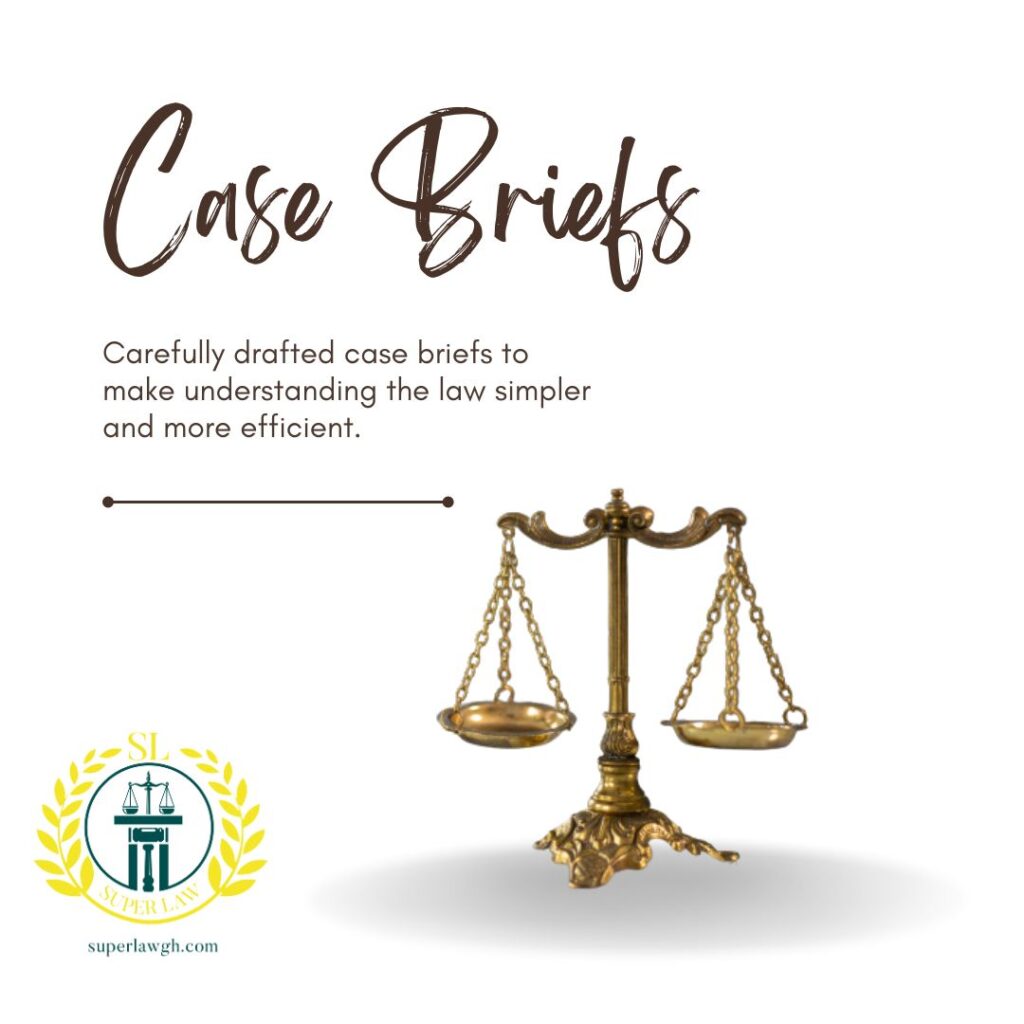The US has made the long-awaited decision to allow Bitcoin to be part of mainstream investing funds.
It has approved what are known as spot Bitcoin exchange-traded funds (ETFs), which can be purchased by anyone from pension funds to ordinary investors.
The announcement from the head of the Securities and Exchange Commission was accompanied by a stern warning about risks associated with the asset.
But cryptocurrency fans reacted with glee – and memes about becoming rich. The US financial watchdog had repeatedly rebuffed earlier requests for approvals, citing concerns about potential for fraud and manipulation. But a US court said last year its justification was inadequate.
The go-ahead comes after a false start on Tuesday, when the regulator had to rapidly withdraw an “unauthorised” post announcing the decision early. SEC chairman Gary Gensler said on Wednesday that investors should not mistake the new approvals for an endorsement of the cryptocurrency.
“Bitcoin is primarily a speculative, volatile asset that’s also used for illicit activity including ransomware, money laundering, sanction evasion, and terrorist financing,” he said. “Investors should remain cautious about the myriad risks associated with bitcoin and products whose value is tied to crypto.”
But what is an ETF?
ETFs are portfolios that allow investors to bet on multiple assets, without having to buy any themselves. Traded on stock exchanges like shares, their value depends on how the overall portfolio performs in real time.
An ETF could comprise a combination of gold and silver bullion, for example, or a mixture of shares in both top technology and insurance companies.
Some ETFs already contain Bitcoin indirectly – but a spot Bitcoin ETF will buy the cryptocurrency directly, “on the spot”, at its current price, throughout the day.
Why is there such excitement? About a dozen investment companies, including Blackrock and Fidelity, have been waiting for months for the US Securities and Exchange Commission (SEC) to give them the green light to start buying Bitcoin for their own ETFs.
And after weeks of wrangling over wording, the first have now been given the nod.
This means a new group of investors can now enter the speculative world of Bitcoin, without having to worry about getting digital wallets or navigating crypto exchanges. Billions of dollars are expected to pour into the Bitcoin market, as these financial companies start buying the digital coin.
A minority of analysts say the cryptocurrency’s price will be little affected, as spot Bitcoin ETFs are already established in other countries. But with the US giants entering the market, most people are expecting the value of bitcoins to rise with demand.
The price is notoriously volatile, however. It rose to nearly $70,000 (£55,000) a coin in 2021, before falling to $16,000 in 2022 as scandals shook the industry. But in 2023, it rose steadily, partly due to the hype around the Bitcoin ETF approval, and is now at $44,000. Based on an idea published online in 2008, by someone calling themselves Satoshi Nakamoto, Bitcoin was the first cryptocurrency and remains the most valuable and famous. Its price is often seen as a barometer for the whole industry of thousands of other coins, tokens and products built on the same blockchain technology.
And with an influx of new money into the ecosystem, many expect a surge in interest in cryptocurrency technology in general.
How will the decision affect cryptocurrency adoption? Some say this landmark decision shows the establishment is finally taking Bitcoin seriously, at least as a speculative asset. For those who consider Bitcoin legitimate “digital gold”, what better proof could there be than the biggest wealth-management institutions flocking to buy, overseen by regulators?
Others say cryptocurrency is about rejecting traditional financial systems in favour of a decentralised, people-powered alternative. And investment bankers buying Bitcoin just to get rich on US dollars is not what Satoshi Nakamoto had in mind. But judging from the excitement on social media, the prevailing sentiment is hope the cash injection will make existing Bitcoin investors rich.
What are the risks to future investors?
The price of Bitcoin can change rapidly and often without warning or explanation. So investors will have to weigh that up when they opt for ETFs linked to the digital coin.
But ETFs are often sold as high-risk, high-reward products anyway. Another potential risk is cyber-crime. Bitcoin and other cryptocurrencies have been subject to huge and costly attacks that have seen crypto companies drained of sometimes hundreds of millions of dollars overnight. And if the likes of Blackrock become major holders of Bitcoin, their cyber-security will be tested in ways to which they are unaccustomed.
Another downside is the cost to the environment. Bitcoin relies on a huge number of powerful computers around the world, to process transactions and create coins. Renewable energy use is growing – but it remains to be seen how investment companies can square the potential environmental cost of Bitcoin with buyers worried about environmental, social, and corporate governance (ESG) compliance.
By Joe Tidy – BBC

